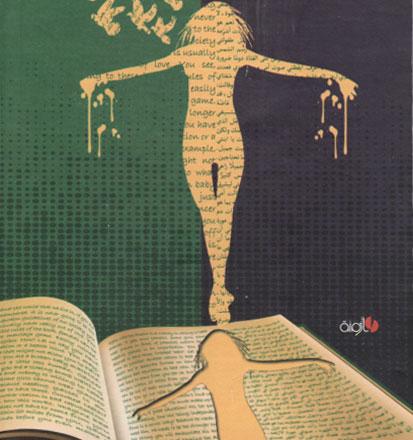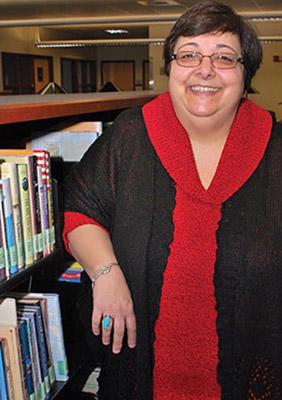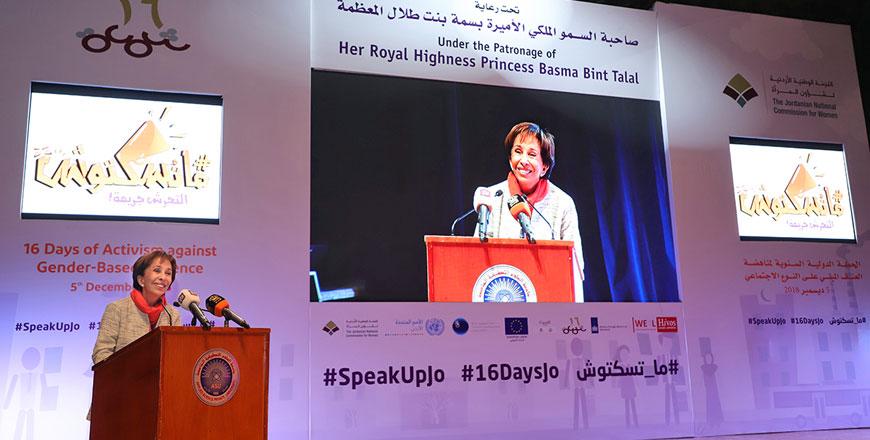You are here
Rula Quawas’ posthumous book urges end of women stereotypes
By Sawsan Tabazah - Mar 26,2018 - Last updated at Mar 26,2018

Participants in a panel discussion at the launch of Rula Quawas book ‘Inshedding Gender Politics Academic Activism in Feminist Theory’ at Haya Cultural Centre on Sunday (Photo by Sawsan Tabazah)
AMMAN — Stereotypes about the roles of women in society hinder their economic and political participation, experts said, calling for an educational reform to help change social perceptions towards women.
The remarks came during a panel discussion organised on Saturday by local NGO Darabzeen and Dutch organisation Hivos, as part of the book launching event of late Jordanian feminist and activist Rula Quawas.
Hivos’ representative to Jordan Samar Gobran said that a study conducted in cooperation with the National Commission for Women found out that women in leadership positions represent only 6.6 per cent of the public sector workforce and 1.4 of the private sector.
“Although the ratio of educated girls in Jordan is relatively high, few have access to decision making positions,“ Gobran said.
Participants said environmental, cultural and social obstacles are hampering women’s economic and political participation.
Economist Fadi Mansour said that Jordan ranked 135 out of 144 countries in the gender gap index, and 142th in women’s participation in the job market, according to the World Economic Forum (WEF), which he dubbed as “alarming”.
MP Dima Tahboub, who used to be a student of Quawas, said WEF’s latest findings showed that the gender gap in Jordan is expected to be closed in 100 years.
Females represent 78 per cent of the economically inactive people in Jordan, 80 per cent of whom are housewives, Mansour added.
He described the job market as “rejecting” of working mothers since most workplaces do not provide daycares or access to decent transportation.
The economist also claimed that the “male dominated” society’s view of women’s roles as mothers and housewives plays a “huge role” in the low economic participation of women, which he said is costing Jordan billions of dollars annually.
Furthermore, females’ concerns of being judged by society make them afraid of showing up in front of their male peers, Sumaia Hajj, a professor at Zarqa Private University, said.
Gobran said that the study, to be published soon, called for the development of the educational system so as to change the existing stereotypes.
She said it will seek to encourage women leaders by telling the stories of successful Arab females and urged against the portraying of women as a “weak and marginalised group” which tends to be addressed similarly to children and refugees.
Quawas, who passed away in July 2017, was an associate professor of American Literature and Feminist Theory at the University of Jordan (UJ) for over 25 years and an activist in women’s rights.
The book includes a number of short stories written by Jordanian and American women about the struggles of females in society, according to Hani Barghouti, an assistant editor.
“I thank all the women whose stories of pain, hardship, achievement and triumph inspired this work,” Quawas wrote in her book’s acknowledgment.
Quawas was the founder of the Women’s Studies Centre at UJ, the founder of the Knowledge Production Unit at the Jordanian National Commission for Women, and the first professor to introduce feminist courses at UJ.
Some of her former students whose works were published in the book, paid tribute to their late teacher.
Hala Saad, who wrote the short story “Going once, going twice, sold!”, said that Quawas changed her perspective towards herself as a human and a woman.
In her book’s preface, the late author had also paid tribute to her students, writing: “They always inspire me to imagine and to act anew. For me and many others, they are our beacon of hope for a just world and a dignified life.”
Gobran said that the book was published as part of the organisation’s five-year plan to empower women in Jordan through producing and creating educational and cognitive sources connected to women’s studies.
Related Articles
Inkshedding Gender Politics: Academic Activism in Feminist TheoryRula Quawas, editorAmman: Azminah, 2017Pp.
AMMAN — “Build your own power bridge; say no to silence and always speak the truth,” was one line out of her tens of thousands aimed at impr
AMMAN — HRH Princess Basma on Wednesday said that it was everyone’s moral responsibility to help eradicate sexual harassment from society.&n



















